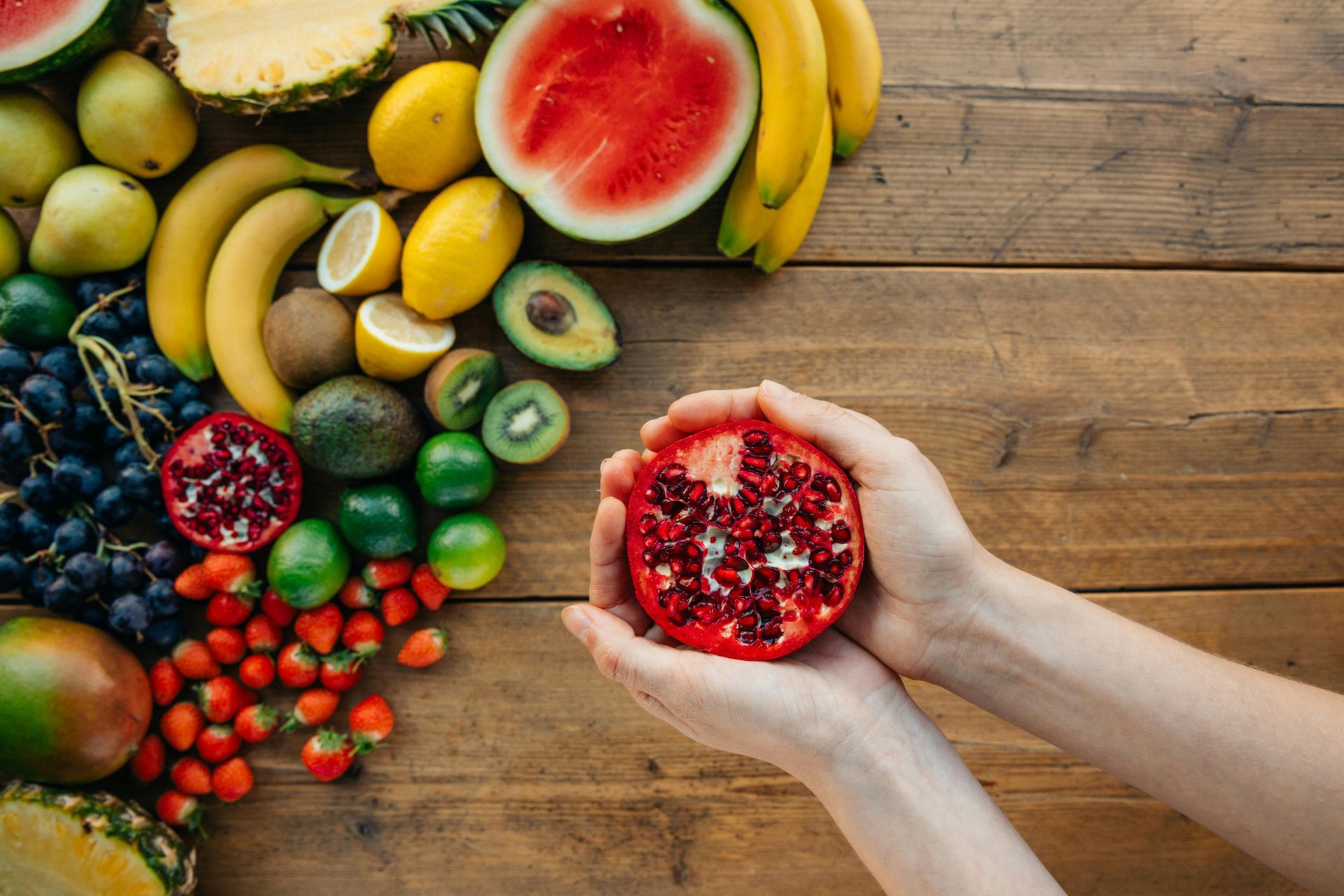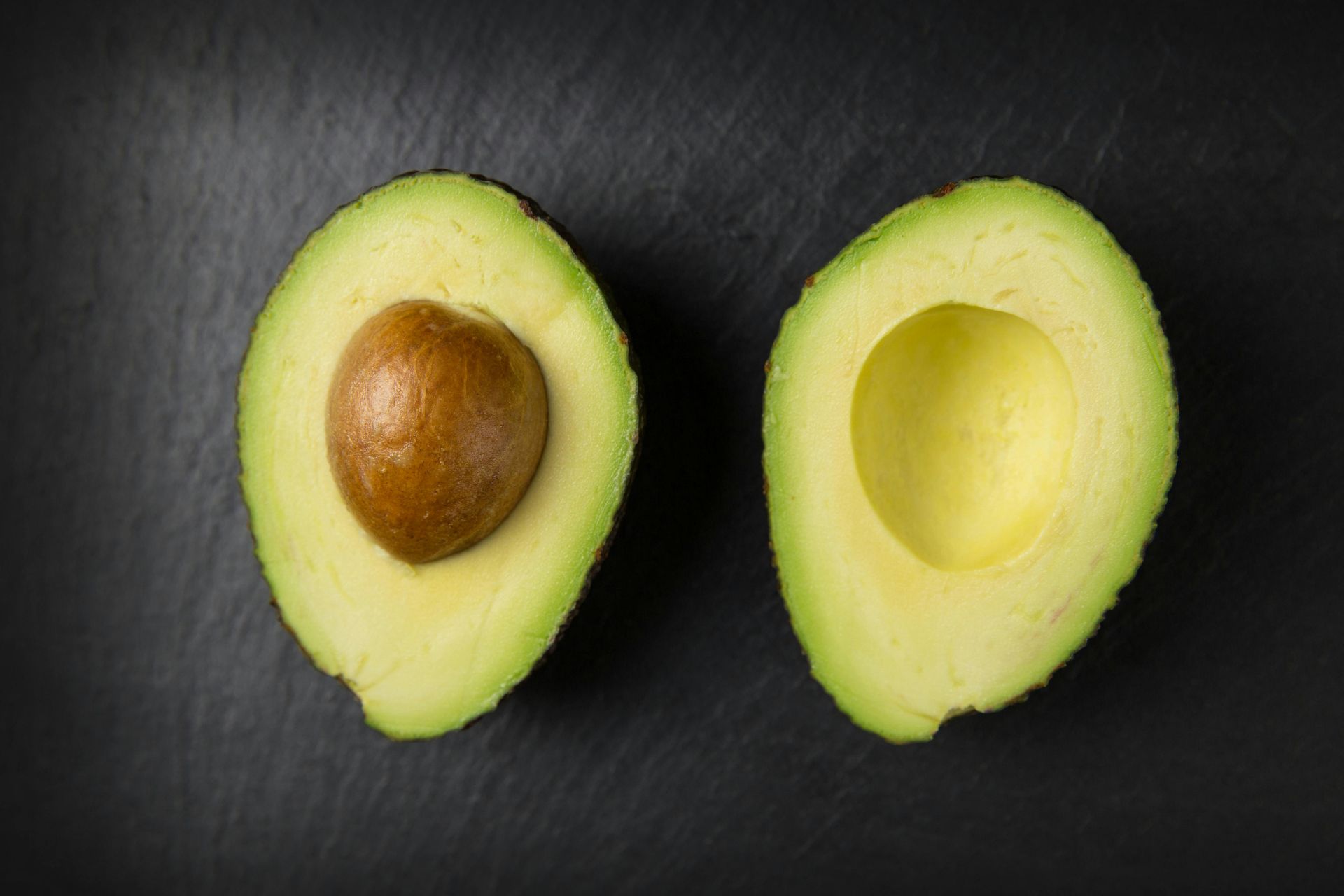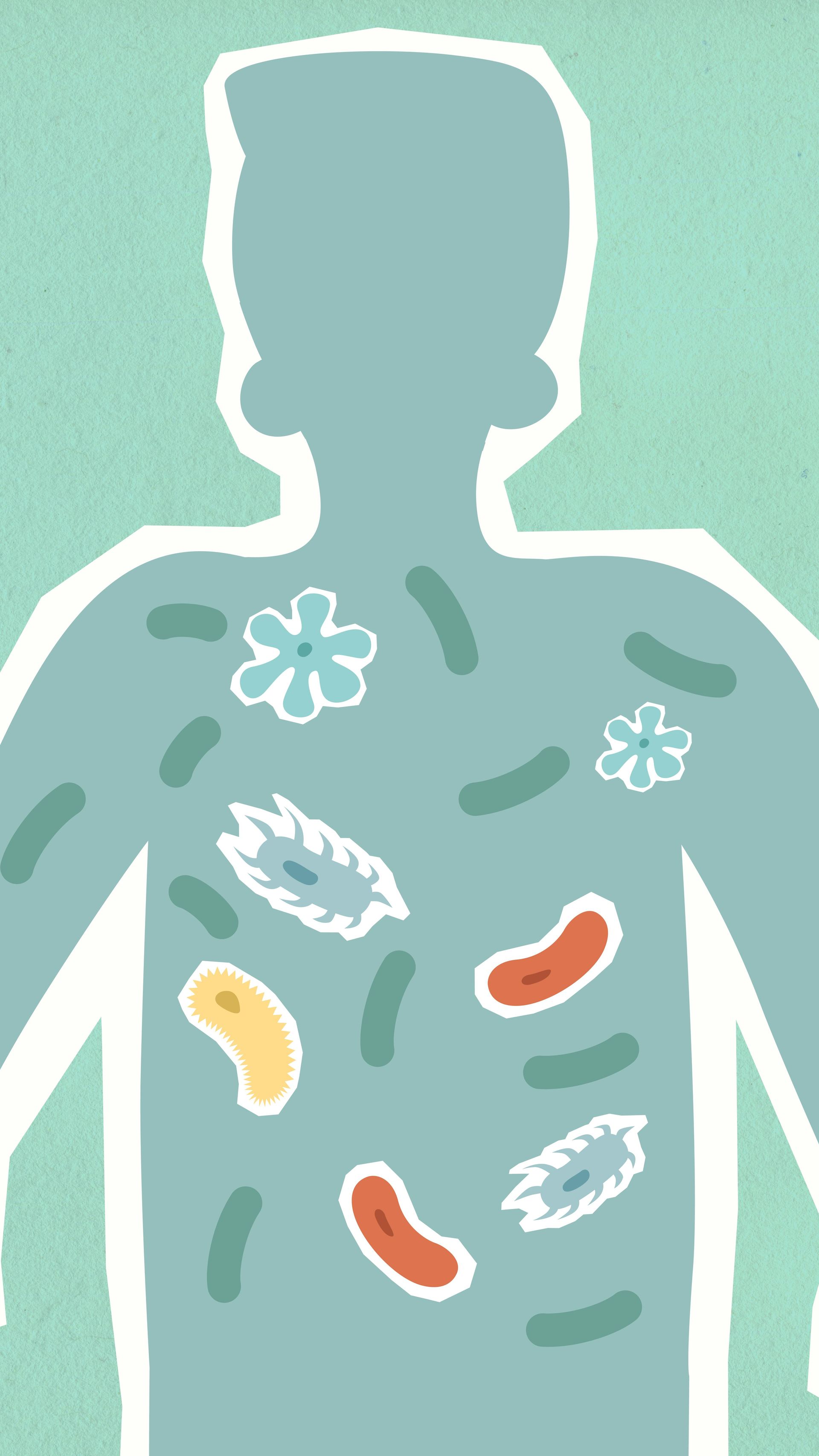Fiber: The Unsung Hero in Your Diet
How Fiber Can Help You Control Blood Sugar, Feel Fuller, and Fight Obesity

We hear a lot about carbs, sugar, and fat, but let’s talk about something that doesn’t get nearly enough attention—fiber! Fiber is like the “antidote” to sugar, working behind the scenes to keep your metabolism in check. Whether you're trying to manage weight, control blood sugar, or simply stay full longer, fiber is your best friend. So what exactly is fiber, and why should you care? Let’s break it down.
What is Fiber?
Fiber is the part of carbohydrates that your body can’t digest. It comes in two types: soluble (dissolves in water) and insoluble (doesn’t dissolve in water), and both are essential for good health.
- Insoluble fiber: Found in flax seeds, whole grains, wheat germ, nuts, and leafy vegetables. It helps keep things moving through your digestive system.
- Soluble fiber: Found in avocado, berries, oat bran, and beans. It absorbs water and forms a gel in your gut, which keeps you feeling full longer.
There’s another important classification: fermentable fiber (mostly soluble) and non-fermentable fiber. Fermentable fibers are broken down by bacteria in the large intestine into short-chain fatty acids, which have a ton of health benefits. These fatty acids give you energy, balance hormones, and help control your blood sugar.
The Awesome Benefits of Fiber
So, why is fiber so fabulous for your health? Here’s what it does:
- It helps you feel full, so you eat less: Ever noticed that after a fiber-rich meal, you stay satisfied longer? That’s because fiber takes longer to chew and digest. The more fiber in your food, the more it bulks up, making you feel full quicker and helping you avoid overeating. Fiber is like nature’s version of portion control!
- It lowers the calorie density of your food: Fiber adds bulk to your meals without adding calories. This means you can eat more food while consuming fewer calories, which is great for anyone trying to manage their weight.
- It slows down the absorption of sugar: Soluble fiber forms a gel-like substance in your stomach, which slows down the absorption of sugars from your food. This keeps your blood sugar steady and prevents those nasty insulin spikes that lead to weight gain. Think of it like a natural version of those fancy weight-loss meds, but without the side effects!
Numerous studies show that fiber acts as a buffer to carbohydrates, helping to reduce insulin spikes. A high-fiber diet can lower the risk of type 2 diabetes by as much as 75%. One study, the Black Women’s Health Study, found that women who ate more fiber reduced their risk of diabetes by 18%. Pretty impressive, right? - It helps your body get rid of extra calories: Fiber adds bulk to your stool, helping you eliminate waste more efficiently. In fact, one study found that a low-fiber diet led to 8% higher caloric absorption, meaning that fiber actually helps your body excrete more calories instead of absorbing them. So, it’s literally working to subtract calories!
The Fiber Problem: We’re Not Getting Enough
Despite all these benefits, most of us aren’t eating nearly enough fiber. In ancient times, people consumed between 77 to 120 grams of fiber a day. These days, most Americans are barely hitting 15 grams. Even the American Heart Association only recommends 25-30 grams, which is still too low.
Why the low recommendations? Could it have something to do with the fact that highly processed foods—stripped of their fiber—are incredibly profitable for the food industry? It’s worth thinking about.
Conclusion: Fiber is the Key to a Healthier You
Fiber is truly a game-changer. It helps you eat less, slows down sugar absorption, and even helps your body get rid of extra calories. It’s no coincidence that all plant foods—when eaten in their whole, natural form—are packed with fiber. Nature has built-in the perfect “antidote” to sugar and carbs, and that antidote is fiber.
This is why so many non-Western communities can eat high-carb diets without suffering from the obesity and diabetes issues we see in the U.S. Their diets are full of whole, unprocessed foods that still have all their fiber intact.
Call to Action
Ready to unlock the power of fiber? Make fiber-rich foods a part of your daily routine! And if you found this blog helpful, share it with friends and family—they’ll thank you later. For more tips and health insights, subscribe to our weekly blog.
Sneak Peek: The Surprising Wonders of Vinegar
In next week’s blog, we’ll explore the hidden benefits of vinegar. It’s more than just a salad dressing—it’s a powerful tool for metabolic health! Learn how vinegar can improve insulin sensitivity and support weight management. Stay tuned!



